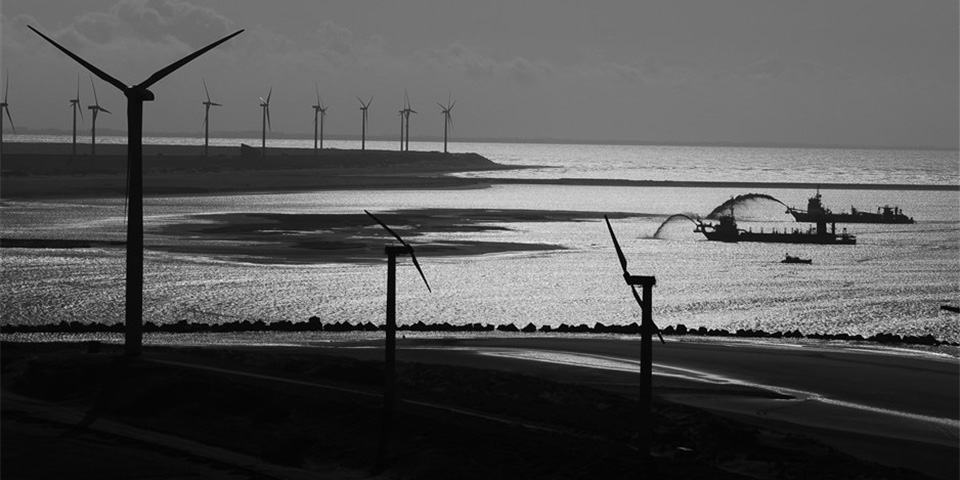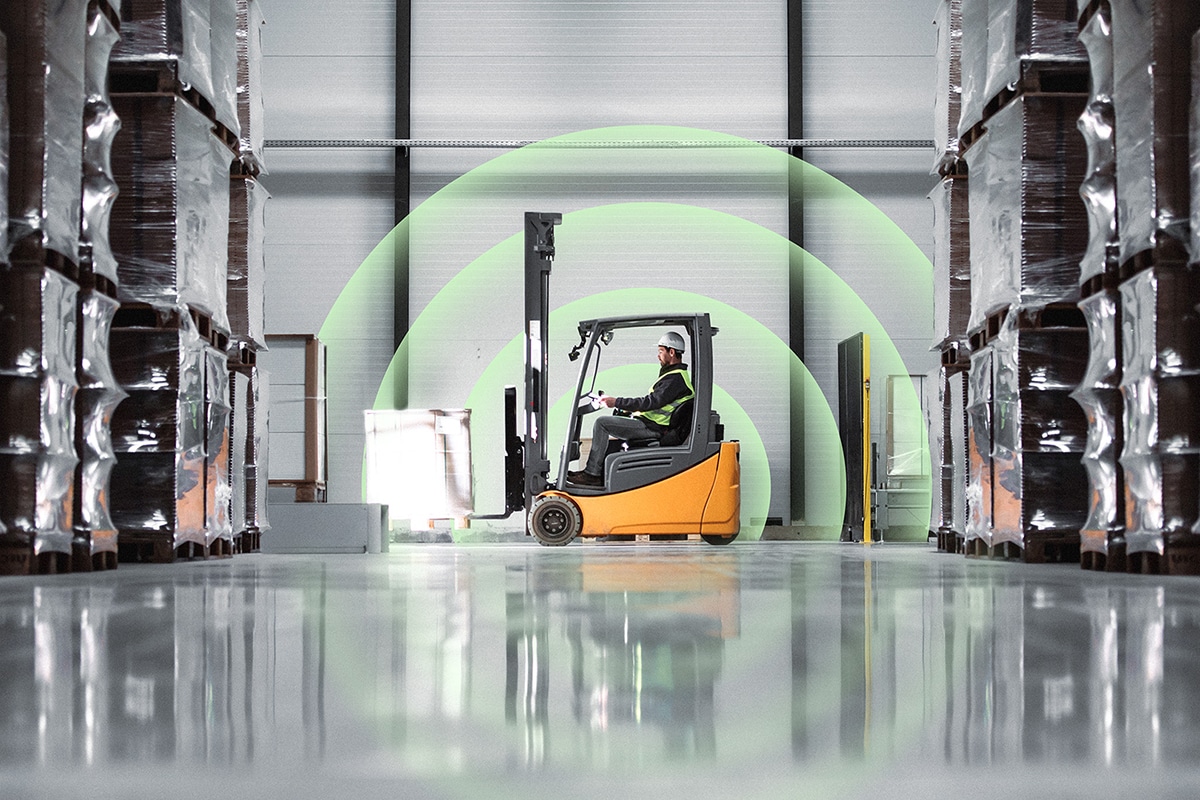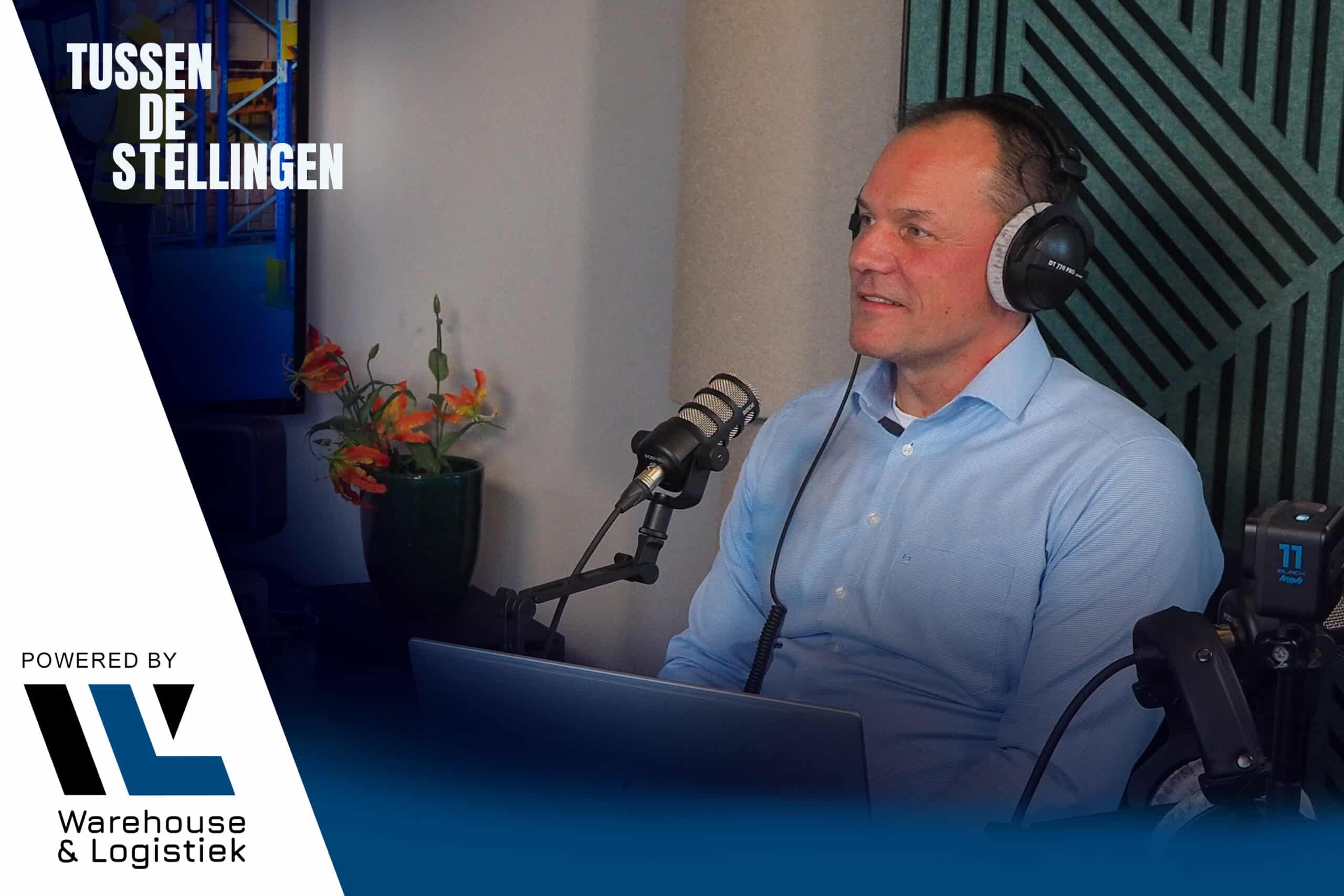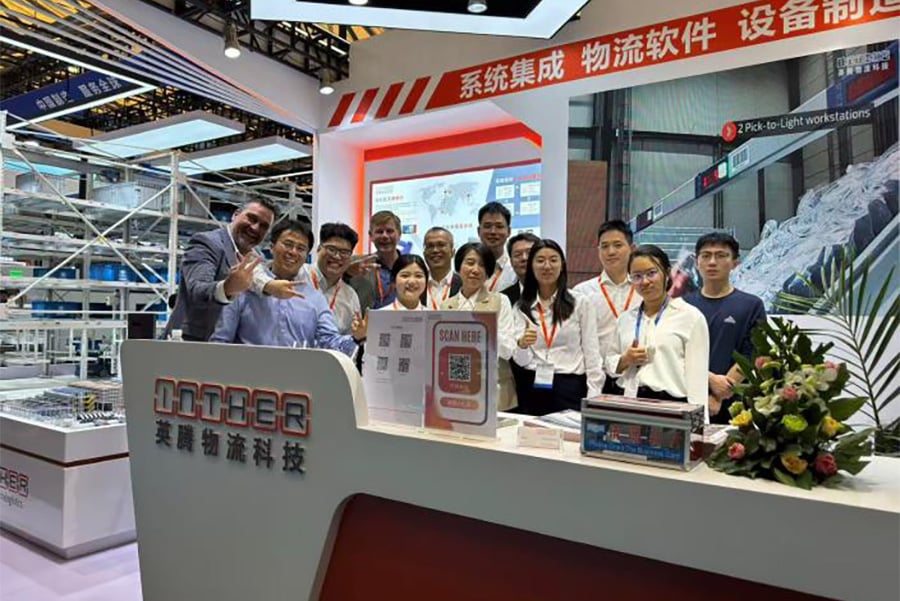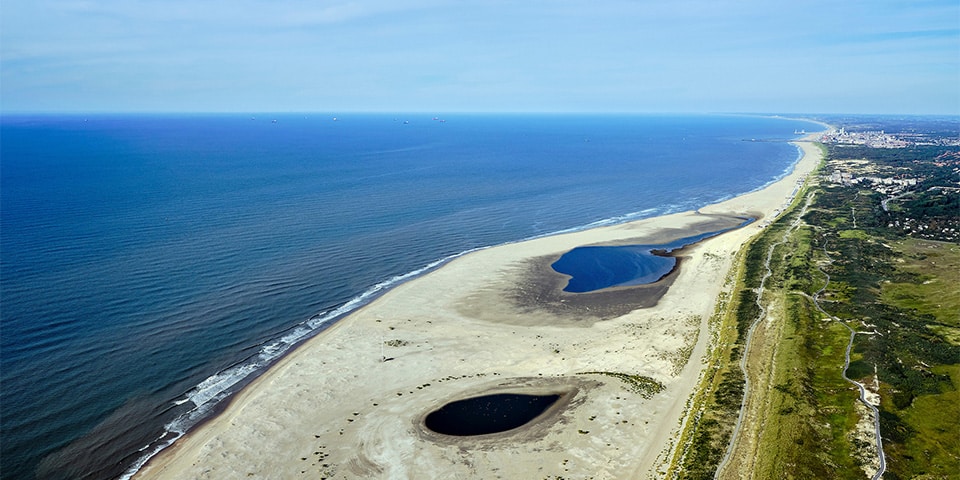
Working on the border of land and water
For as long as the Netherlands has existed, we have been battling the water around us. In itself not so surprising when we realize that more than half of our country is below sea level. Yet that very fact has only made us stronger. Over the centuries we developed as true water managers and managed to drain large areas of land and make it suitable for living and working. A battle in which sometimes great sacrifices were first made. Think back to the floods of 1916 and the flood disaster of 1953. It then spurred us to come up with unique, innovative and high-profile solutions. The result is a hydraulic engineering sector that has built a worldwide reputation in the field of water management.
Delta Works
Whereas in the past it was mainly a matter of holding back water, with the advent of the Delta Works, nature has also begun to play an increasingly important role. Smart solutions not only protect the coast or the area behind the dikes, but also provide space for other uses. Building with nature involves using ecosystems that are not only sustainable but also add value for recreation or the local economy. For example, the new nature islands with natural banks in the Marker Wadden will be constructed with silt, clay and sand from the Markermeer, and new nature, both above and below water, will be given the opportunity to develop here. With the "Room for the River" plan, we deepen and widen rivers, and enlarge the areas along the banks. This gives the river greater discharge capacity, allows us to absorb high water levels and creates space along the banks for nature and/or recreation. A win-win situation.
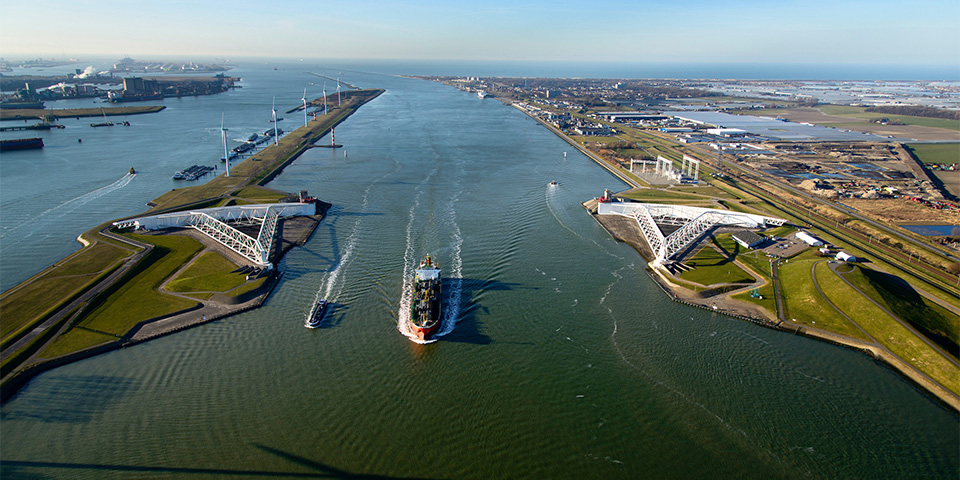
The Maeslantkering normally closes only when there is a threat of a storm surge and when the water level is 3 meters or more above sea level. The barrier, part of the Delta Works, together with the Hartel barrier forms the Europoortkering and protects Rotterdam and its hinterland during extreme water levels. (Image: Siebe Swart)
New developments
As an Association of Hydraulic Engineers, we are on the eve of new developments. With the certainty that sea levels are rising and soils are falling, we as an industry already have some hefty challenges to grapple with. After all, dry feet can never be taken for granted in our country. New insights are leading to new developments, such as islands off the coast that should lead to natural coastal protection and plans in which we give some pieces of land back to the water. A sector that is developing rapidly.
The developments of the past few months also show us that current events can significantly constrain our industry's vision and mission. It is more important than ever to have a response to the impact of PFAS and nitrogen policies to prevent them from leading to disaster for the industry. By providing direction and bringing the association's ambition to the attention of politicians, we can continue to exert influence. The importance of water safety will only increase in the coming years and is financially guaranteed in the Delta Program. It is up to us to jointly develop a common perspective to be able to guarantee this water safety forever.
For life in a delta in the Netherlands or elsewhere in the world, the hydraulic engineering sector is of enormous importance. To keep this life at the desired level and to enable sustainable economic development, vital contractors in Dutch hydraulic engineering are very much needed.
Association of Hydraulic Engineers
Bezuidenhoutseweg 12, 2594 AV The Hague
www.waterbouwers.nl
